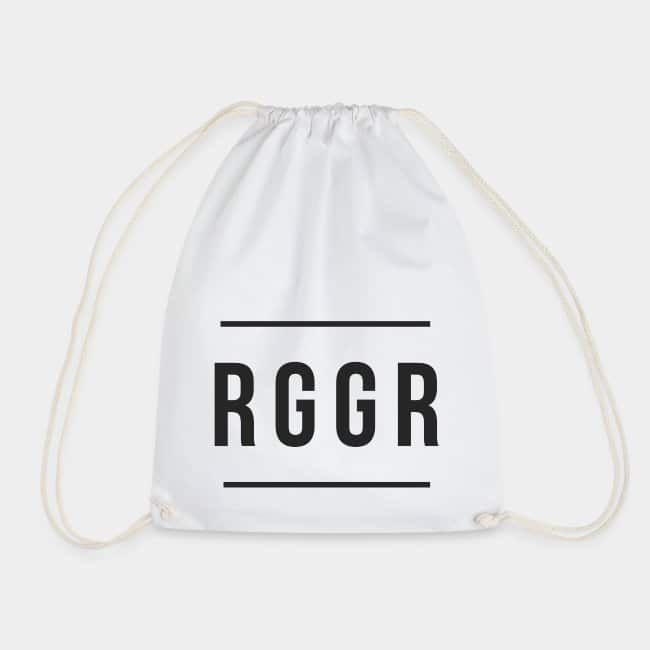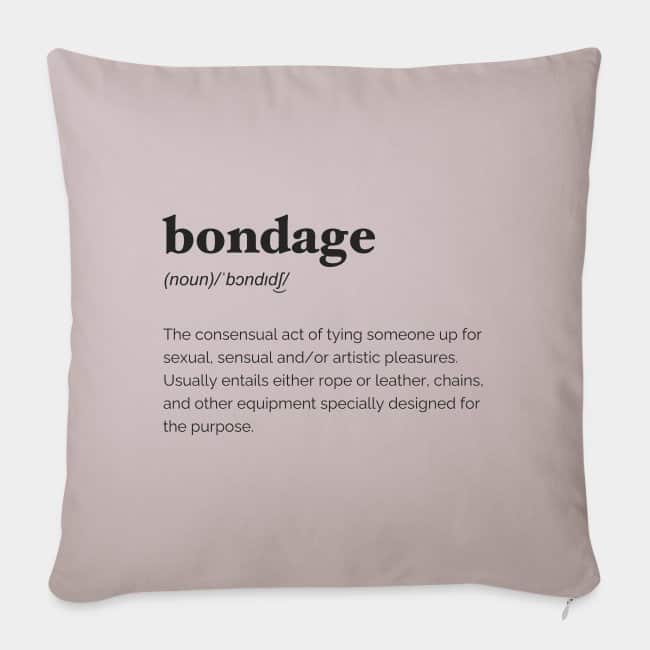What exactly is jute rope?
Jute is a natural product that is used to make yarns, carpets, packaging and ropes, among other things. The latter are used alongside hemp, cotton and nylon for shibari bondage, a special form of rope bondage.
In contrast to hemp ropes, however, jute ropes are softer and smell less like hay and more like petroleum. In addition, the twist of jute rope is looser and the fibers are thinner and shorter than those of hemp rope, which means it fluffs more at first. The fluff is also much smaller. Over time, however, it becomes softer and finer.
In contrast to cotton or synthetic ropes, jute ropes are stiffer and more unyielding. A particularly characteristic feature is the sound you hear when tying it up and also when you crumple it in your hand: it creaks.
What is jute rope used for?
Thanks to its unique, supple and soft handling, jute rope has become a popular bandaid rope in recent years. It is very grippy and dimensionally stable, is also extremely skin-friendly and heat-resistant and does not store static electricity.
It also has a high tensile strength, meaning it retains its length even when pulled. Many people see this as an advantage when tying up, but it is precisely these properties that make it more of a rope for professionals, similar to hemp rope. Because of this stiffness, knots that are too tight cannot be balanced out, which in the worst case can lead to the blood supply being restricted and nerves being crushed. Of course, this can also happen with a synthetic fiber rope from the DIY store if handled incorrectly, but these are somewhat more forgiving than rigid ropes. You should be aware of this when using them.
What do I need to consider for maintenance?
Jute rope, like hemp rope, is a purely natural product and is very sustainable as a renewable raw material. It can also be dyed and care is similar. However, due to its softer texture, jute rope is more susceptible to untwisting. For this reason, it should only be washed by hand with a mild wool detergent or shampoo if absolutely necessary. It should then be dried under tension, i.e. stretched out. If you like, you can scour it, which also helps to prevent initial fluffing.
Jute ropes should be oiled before the first use and after each washing and drying. Special rope wax is best suited for this. However, you can also use baby oil or another oil or wax that does not go rancid, such as jojoba or mink oil. To do this, apply the oil or wax to a lint-free cloth or directly to your hand and carefully pull the rope through it. Remove excess oil or wax with a lint-free cloth.

What do I need to consider when buying?
Jute rope can shrink when washed, so it’s better to buy a little more rope than you need.
Parts of this text were first published on Baumwollseil.de, one of Germany’s first online shops for kink, eroticism, and BDSM, and were kindly provided to Deviance.
You’re into bondage, maybe even a passionate Rigger? #ExpressYourKink with the items from the Deviance Shop! Here you’ll find a wide selection of everyday clothing, accessories, and decorative items with matching terms and designs.
Do you like what you see? You can find these and many more clearly ambiguous designs on a wide range of products from shirts and tops to sweaters and hoodies, as well as caps and home accessories in the Deviance Shop! #ExpressYourKink












